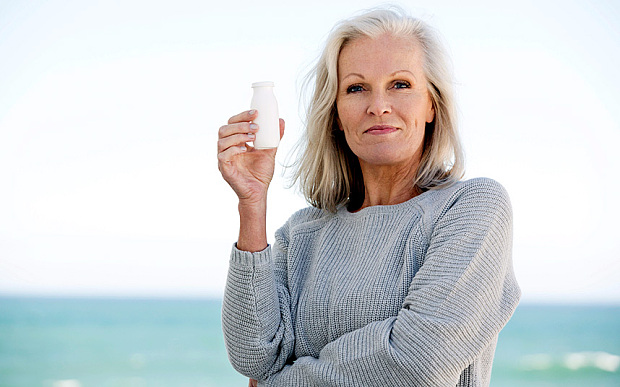Why claims for good bacteria drinks may be difficult to stomach
The products claim to introduce “good” bacteria to the gut to help with a range of conditions. But scientists at University College London put eight probiotic products through three tests and found only one passed all of them
Probiotic drinks and supplements are likely to have no health benefits, according to a study.
Six in 10 British households buy probiotics regularly. Their use has grown significantly in recent years, led by brands such as Yakult and Actimel.
The products claim to introduce “good” bacteria to the gut to help with a range of conditions. But scientists at University College London put eight probiotic products through three tests and found only one passed all of them.
They investigated whether products contained as many live bacteria as claimed on their labels, whether the bacteria survived in the stomach and whether they then flourished in the gut.
Four of the eight — Align, Bio Balance, Bio-Kult and Probio7 — failed all of the tests. Yakult, a yogurt drink, contained the amount of bacteria claimed, but failed the other two stages, and its rival Actimel fell short on the number of bacteria surviving in the stomach. The only product to pass all three tests was Symprove, a water-based barley drink. Past studies have suggested probiotics could help with irritable bowel syndrome (IBS) as well as coughs and colds in children and high blood pressure. The probiotic market is estimated to be worth almost £20 billion globally.
Dr Simon Gaisford, the study author, from UCL’s school of pharmacy, said: “I certainly wouldn’t buy a product where nothing seems to be getting through. Just swallowing them is no good if the stomach then kills everything.”
The study, to be published shortly in the journal Beneficial Microbes, involved multiple batches of each of the products to ensure fair results.
Symprove, Actimel and Yakult all contained at least as many live bacteria as stated on the packaging but all the others contained less than 75 per cent of what they claimed.
Next was a test that involved exposing the products to pig stomach fluids for two hours. Only in Symprove and VSL#3 did healthy numbers of bacteria survive the acidic environment, said the authors. In some products, live bacteria disappeared within five minutes and in Yakult they fell significantly after 10 minutes. When used as advised on the label the products take 30 to 120 minutes to pass through the stomach to the small intestine.
Finally, the scientists looked at whether bacteria could thrive and take hold in the small intestine within 10 hours.
Only Symprove, Actimel and VSL#3 passed. Many of the others took days before they started to flourish, by which point they would already have left the body.
Dr Rob Hicks, a GP who contributes to radio and television programmes, said the results of the probiotics study should help shoppers make better decisions. “Some people take them as a form of health insurance and some take them for chronic disorders such as IBS and are often not particularly satisfied with conventional medicine,” he said.
A Yakult spokesman said: “Over 100 human studies with the Yakult strain or product have been published in peer-reviewed scientific journals.”
A spokesman for Bio-Kult said: “Every batch of Bio-Kult produced is tested at an independent lab.”
The other brands did not respond to requests for comment on Thursday night.



Recent Comments